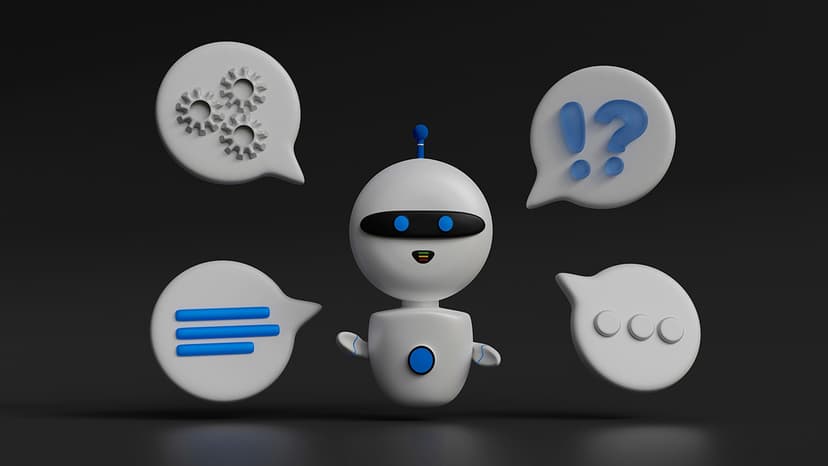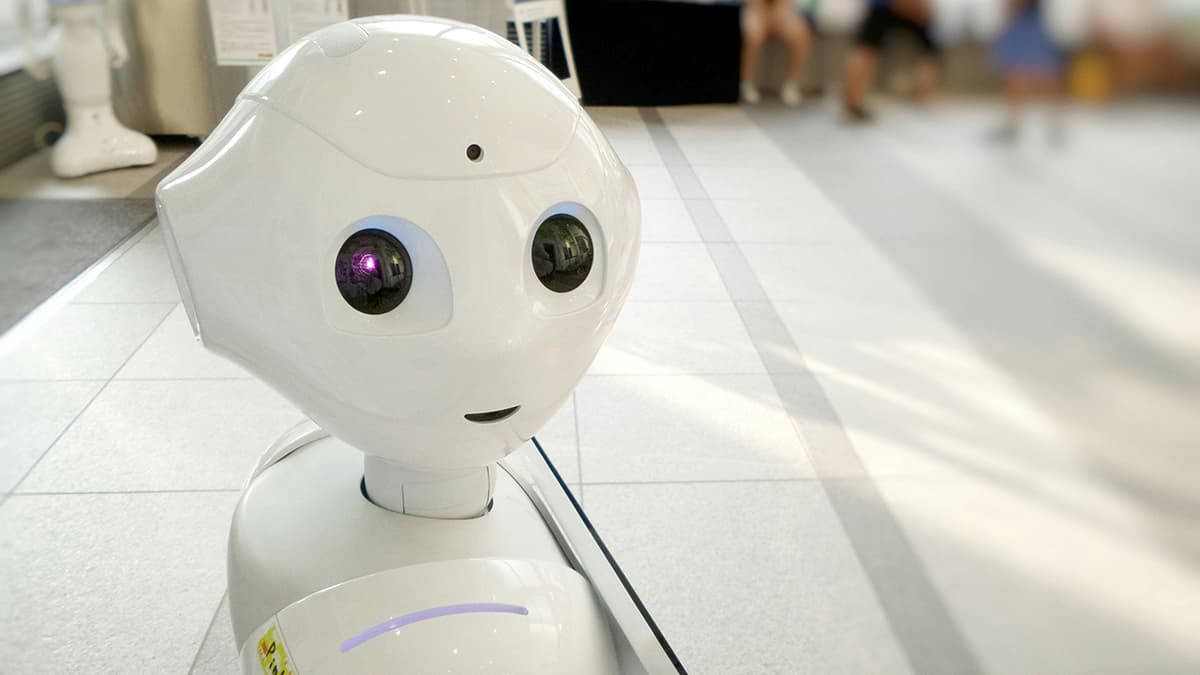Use Case of Chatbot in the Aviation Industry
The aviation industry is constantly evolving, with technology playing a crucial role in enhancing customer experience and streamlining operations. One such technological advancement is the use of chatbots. Chatbots have revolutionized the way airlines and airports interact with their customers, providing a seamless and personalized experience. In this blog post, we will explore the use cases of chatbots in the aviation industry and how they are transforming various aspects of the industry.
Enhancing Customer Service
Customer service is a vital aspect of the aviation industry, and chatbots have proved to be a game-changer in this regard. Chatbots can be deployed on airline websites, mobile apps, and even social media platforms to provide instant assistance to customers. They can answer frequently asked questions, provide information about flight schedules, baggage allowances, check-in procedures, and more. This improves customer satisfaction by reducing the waiting time and providing accurate and timely information.
Additionally, chatbots can handle multiple customer queries simultaneously, ensuring that no customer is left unattended. They can also be programmed to handle complex scenarios by integrating with backend systems, such as reservation systems or flight status databases, allowing customers to make bookings, modify reservations, or check their flight status without the need for human intervention.
Streamlining Booking and Check-in Processes
Chatbots have significantly streamlined the booking and check-in processes for airlines. By integrating with airline reservation systems, chatbots can assist customers in finding and booking flights based on their preferences. Customers can simply provide their travel details and receive personalized flight options, including pricing, availability, and even seat selection.
Furthermore, chatbots can generate and send e-tickets directly to customers, eliminating the need for printing physical tickets. This not only saves time but is also environmentally friendly. During the check-in process, chatbots can provide customers with their boarding passes, gate information, and any updates or changes to their flight status. This reduces the need for customers to stand in long queues, resulting in a more efficient and hassle-free experience.
Assisting with Travel Information and Recommendations
Traveling can be a daunting experience, especially for infrequent flyers or those visiting unfamiliar destinations. Chatbots can act as virtual travel assistants, providing travelers with valuable information and recommendations. They can assist with visa requirements, travel restrictions, weather forecasts, local transportation options, and even suggest popular tourist attractions or dining options at the destination.
Moreover, chatbots can offer real-time updates on flight delays, cancellations, or gate changes, ensuring that travelers are well-informed and can plan accordingly. By leveraging natural language processing and machine learning algorithms, chatbots can understand user preferences and provide personalized recommendations based on their travel history and interests.
Improving Operational Efficiency
Chatbots not only benefit customers but also play a crucial role in improving operational efficiency for airlines and airports. By automating repetitive and mundane tasks, chatbots free up human resources to focus on more complex and critical operations. For instance, chatbots can handle routine customer inquiries, allowing customer service agents to concentrate on resolving complex issues or providing personalized assistance to customers with specific needs.
Chatbots can also assist with internal processes such as crew management, shift scheduling, and inventory management. Airlines can use chatbots to communicate with their crew members, assign tasks, provide updates on flight schedules, and receive real-time feedback. This streamlines communication and ensures that all stakeholders are well-informed, leading to smoother operations and better coordination.












